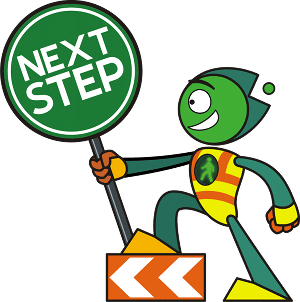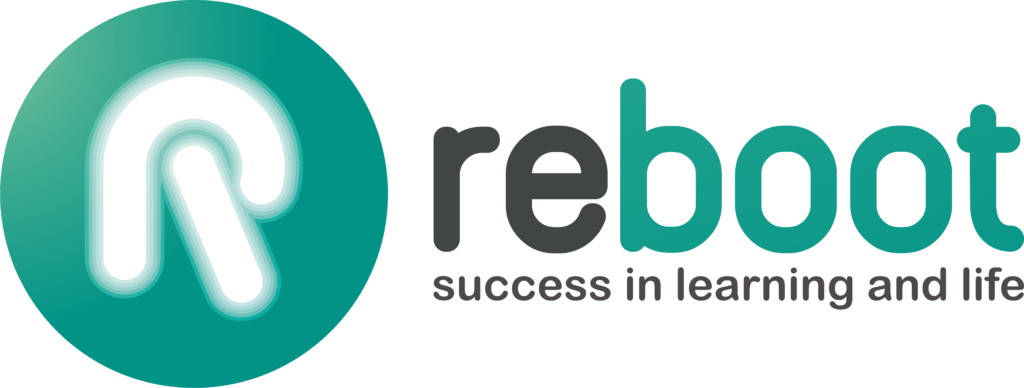Not only is a pandemic unsettling for everyone, pivoting the entire system of curriculum delivery in a couple of weeks is an additional mammoth task. On top of this, schools continue to serve as an anchor point for many families and this calls on educators to dig unfathomably deep to emotionally support students and families. We doubt that many in the community understand the emotional labour that you perform every day. In the face of these demands how can we best support both the school community while also addressing the needs of our educators to keep them healthy, enthused and buoyant?
Our simple answer: take a whole-brain approach that encourages self-responsibility as the norm.
In life no one can eat your lunch for you. While the circumstances you are in may not be your fault, it is completely your responsibility to intentionally address your needs and those of your dependents. Typically, we are as happy and as successful as we are willing to be responsible for our decisions and actions. There is nothing wrong with the odd pyjama day. A week of them though may have consequences we don’t want. Self-responsibility is a learnt skill and can be fostered simply by asking “what will you do to be more ready to engage/learn or to create the future that you want?.”
A whole-brain approach is one that addresses the needs of our 3 Brains (see the attached guide.) Both as a parent, an educator and a colleague we can care and teach from a whole-brain position and simultaneously encourage all children and adults to recognise and feed their own needs.
1. We can feed the needs of the Wild Brain by establishing a sense of safety, connection, routine and by prioritising our basic needs for movement, sleep and good nutrition. Create weekly Wild Brain challenges over the next term to get the entire community on board with exercise, having breakfast, downing devices and getting outside or practicing some healthy sleep hygiene!
2. We then address the Emotional Brain through validation and empathy, emotional literacy and by co-regulating in a way that encourages self-regulation. We can also create opportunities for lots of positive emotional fun. Encourage people to check in, identify what they are grateful for and the one new habit or activity they could introduce each week to feel positive and optimistic.
3. Finally, we can encourage everyone to retain their sense of purpose and clarity as this will pass and a new normal will come. How does this experience better define what really matters to you and how can you work to make sure that stays a part of your life every day?
How do you manage the hatters?
Unfortunately, we are not all lovers, there is a teeny tiny portion of the community that practice the fine art of hating just about everything you do. At times of crisis, natural disaster or challenge we see members of the school community respond typically in 3 ways:
Power over: when people respond with criticism, especially “this isn’t good enough”, and “I deserve more/better” attitude and can be very assertive if not aggressive. This usually masks a real fear and is an act of fight and a kind of regressed problem-solving method. No one is a winner here.
![]() Power under: when people assume a victim position and want someone else to take care of them or solve the problem with little input or change on their end. We often see this in communities with high levels of welfare dependence and trans-generational trauma. For many reasons, individuals might feel they have no control over their lives. Often when people are in power under, we might hear of their plight and dramas, but given the lack of hope that they live with, they are not really seeking a solution. This is exhausting to interact with.
Power under: when people assume a victim position and want someone else to take care of them or solve the problem with little input or change on their end. We often see this in communities with high levels of welfare dependence and trans-generational trauma. For many reasons, individuals might feel they have no control over their lives. Often when people are in power under, we might hear of their plight and dramas, but given the lack of hope that they live with, they are not really seeking a solution. This is exhausting to interact with.
Power with: people who are responsive to what is being offered to solve their concerns and make themselves available when needed. This is a mutually satisfying and energising relationship in which each person gives and takes and assumes personal responsibility.
We have found the best way to encourage a power with approach is:
1. To assume a power with approach ourselves and not drop into rescue or power-over modes. To present our information and model using it with the expectation that others will follow and it will become the norm.
2. Establish clear boundaries to limit power over interactions. We need to let everyone know that we are doing the best that we can and working very hard to address their needs and that we respect ourselves enough that we will not accept power over our school community and staff. No one likes a bully. Try to identify the real need and address it clearly.
Set limits on how much we will support those assuming a victim position and direct them to community services to better support them. It’s great to have a list of agencies available to serve your community when interacting in person or on the phone. You can set the parameters of your conversations and guard against giving away too much of your precious energy!



